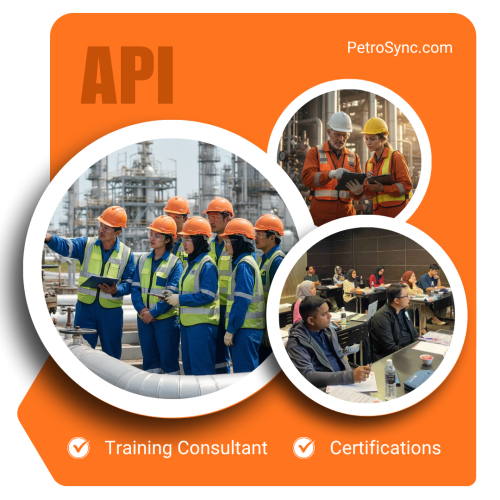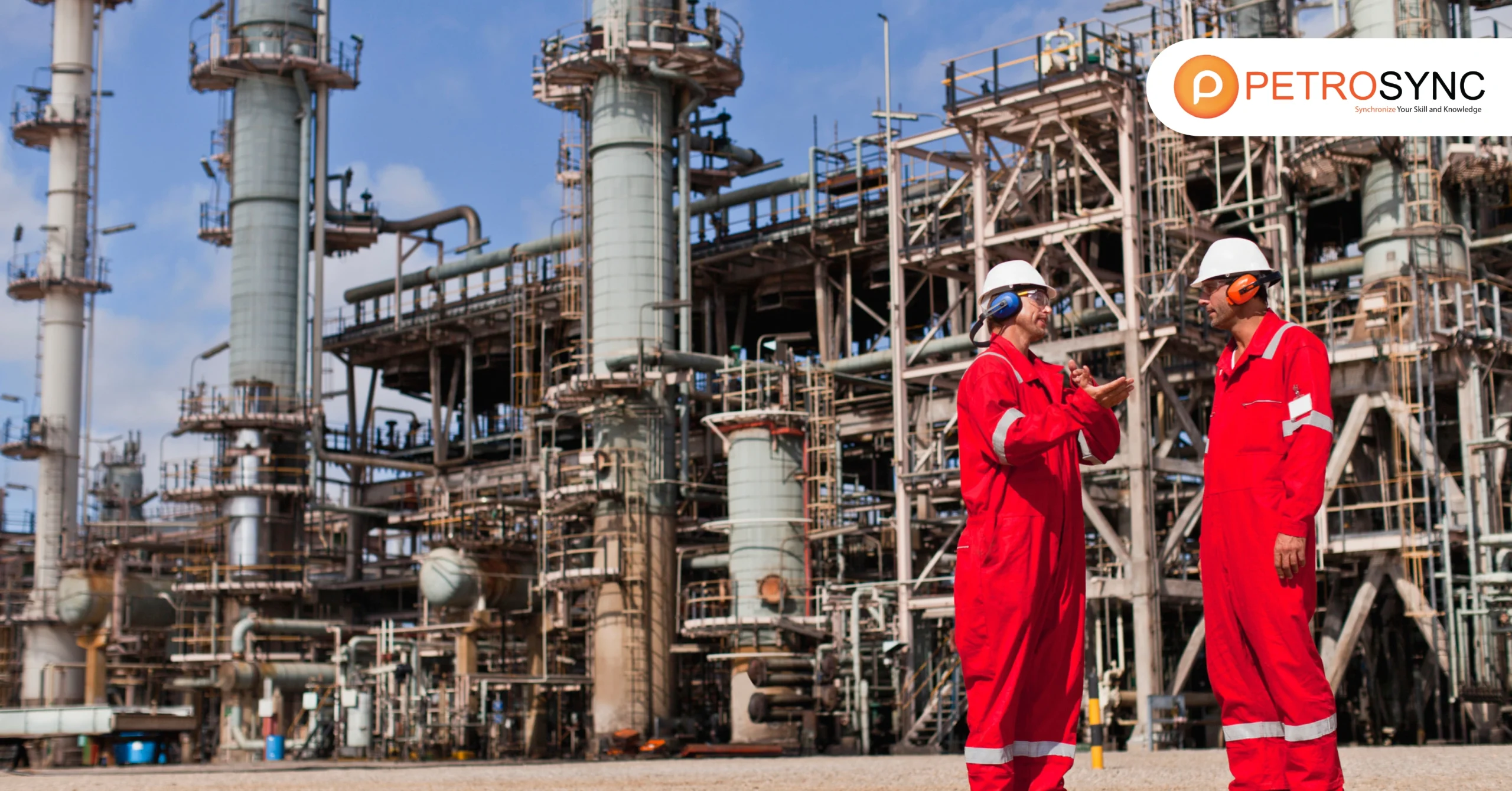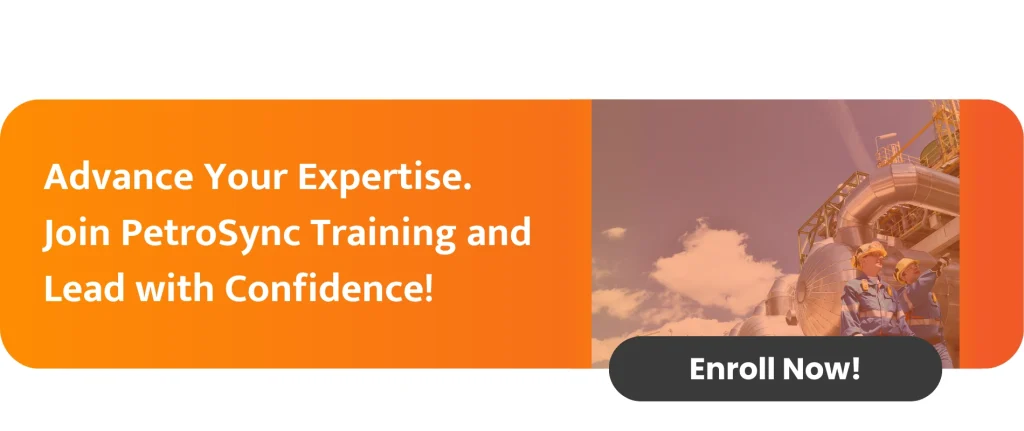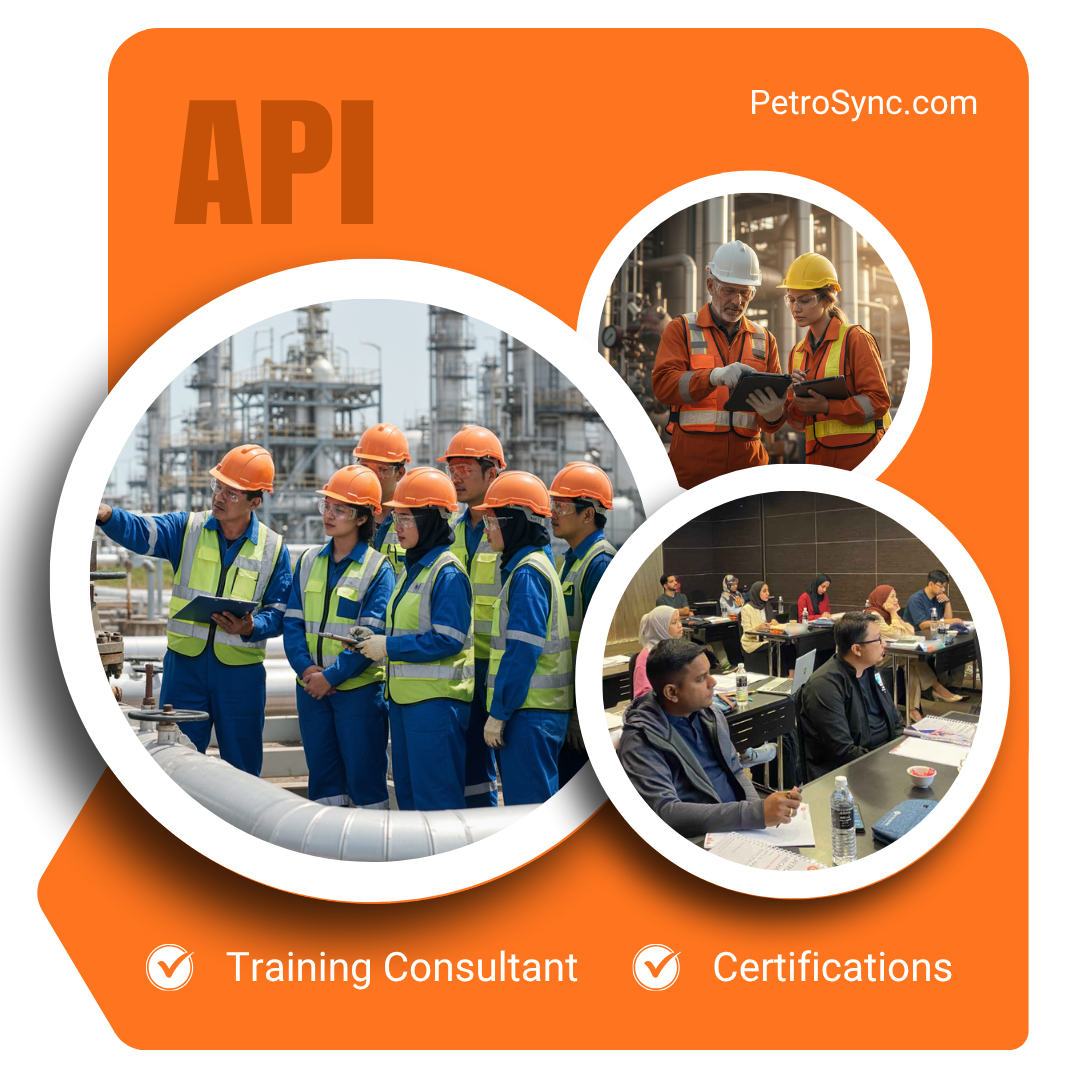The API 510 certification is extremely useful for individuals who are directly involved in the complex process of pressure vessel inspection, especially in high-risk industries such as oil and gas, petrochemicals, and energy. These industries rely significantly on pressure vessel to function safely and efficiently, as they are important components in their daily operations.
Certification plays an important role in ensuring the integrity of such equipment. This certification assures that inspectors not only fulfill the highest global industry requirements, but also possess the practical skills, theoretical knowledge, and technical experience required to evaluate the condition of pressure vessel.
Inspectors who receive API 510 requirements and certification become proficient in identifying potential safety issues, analyzing structural integrity, and ensuring compliance with stringent regulatory requirements. This accreditation also demonstrates a commitment to operational excellence, dependability, and safety, which are crucial for avoiding catastrophic equipment failures and protecting people and assets.
Table of Contents
ToggleWhat Is API 510 Standard?
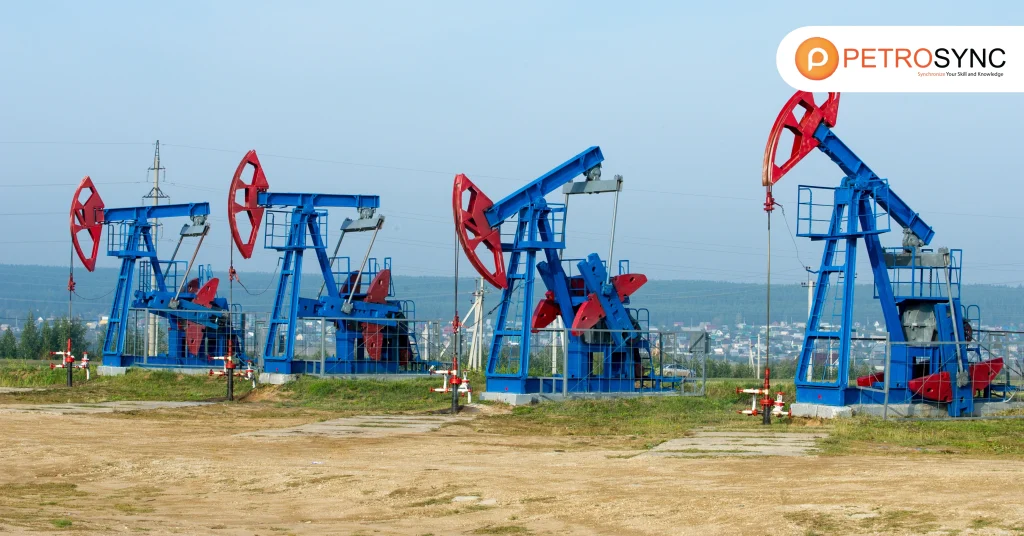
The API 510 standard, created by the American Petroleum Institute (API), outlines the procedures for inspecting, repairing, and modifying pressure vessels that are currently in use. These vessels are crucial to various sectors, especially the oil and gas industry. The standard’s primary goal is to maintain the safety and functionality of these vessels while minimizing associated risks.
It sets forth specific guidelines on inspection schedules, repair protocols, and testing requirements, making it an indispensable reference for professionals responsible for managing the integrity of pressure vessels.
What Are The API Requirements?
To acquire API 510 requirements and certification, individuals must complete particular educational and work experience api 510 requirements. Depending on your schooling, you should have between one and five years of relevant industry experience. For example, a candidate with a bachelor’s degree in engineering may only require one year of experience, whereas someone without formal engineering education may require up to five years of practical experience.
Candidates must also pass a comprehensive exam covering inspection codes, welding, corrosion mechanisms, and pressure vessel design. Understanding and using these principles in real-world circumstances is essential for achieving the certification.
How Hard Is API 510?
The API 510 certification exam is difficult, requiring a thorough understanding of pressure vessel inspection and repair. The exam includes of multiple-choice questions covering a wide range of topics, including inspection techniques, repair procedures, safety regulations, and welding standards.
To be successful, candidates must also be familiar with major industry standards, such as ASME codes. Many applicants find the exam difficult, but with appropriate preparation and studying, passing is possible. Engaging in a structured training program, such as PetroSync’s API 510 preparation courses, significantly improves the chances of passing.
What Is The Passing Score For API 510?
To pass the API 510 certification exam, candidates must achieve a score of at least 70%. This score reflects a solid understanding of the key principles and practices involved in pressure vessel inspection. Given the complexities of the topics covered, achieving this grade necessitates extensive study and hands-on experience.
Textbooks, practice examinations, and training courses are all excellent resources for improving your chances of passing the exam. Attending a complete certification training, such as that provided by PetroSync, also provides useful insights on the exam methodology and content.
What Are The Benefits Of API 510?
API 510 recuirements to accreditation provides numerous benefits to professionals in the oil and gas, petrochemical, and energy industries. Certified inspectors are recognized for their expertise in pressure vessel safety, which frequently leads to promotions and greater pay. This certification also improves an individual’s ability to assure the safe functioning of vital equipment.
Lowering the risk of accidents and increasing overall operational efficiency. Furthermore, firms who hire API 510 certified employees show a strong commitment to safety and regulatory compliance, which can boost their reputation and lower legal risks.
Maximize Your Career with API 510 Certification Training at PetroSync
Achieving the API 510 certification is a significant milestone in the career of a pressure vessel inspector. It not only enhances your professional standing but also ensures you are equipped with the latest knowledge in inspection techniques and safety standards.
At PetroSync, we offer expert-led API 510 training programs designed to prepare you for the certification exam and set you up for long-term success. Enroll today and take the next step in advancing your career!

Results-oriented and thorough SEO specialist with extensive experience in conducting keyword research, developing and implementing digital website promotion strategies and plans, managing campaigns to develop company websites in the digital world, excellent knowledge of marketing techniques and principles, and attentive strong attention to detail.

